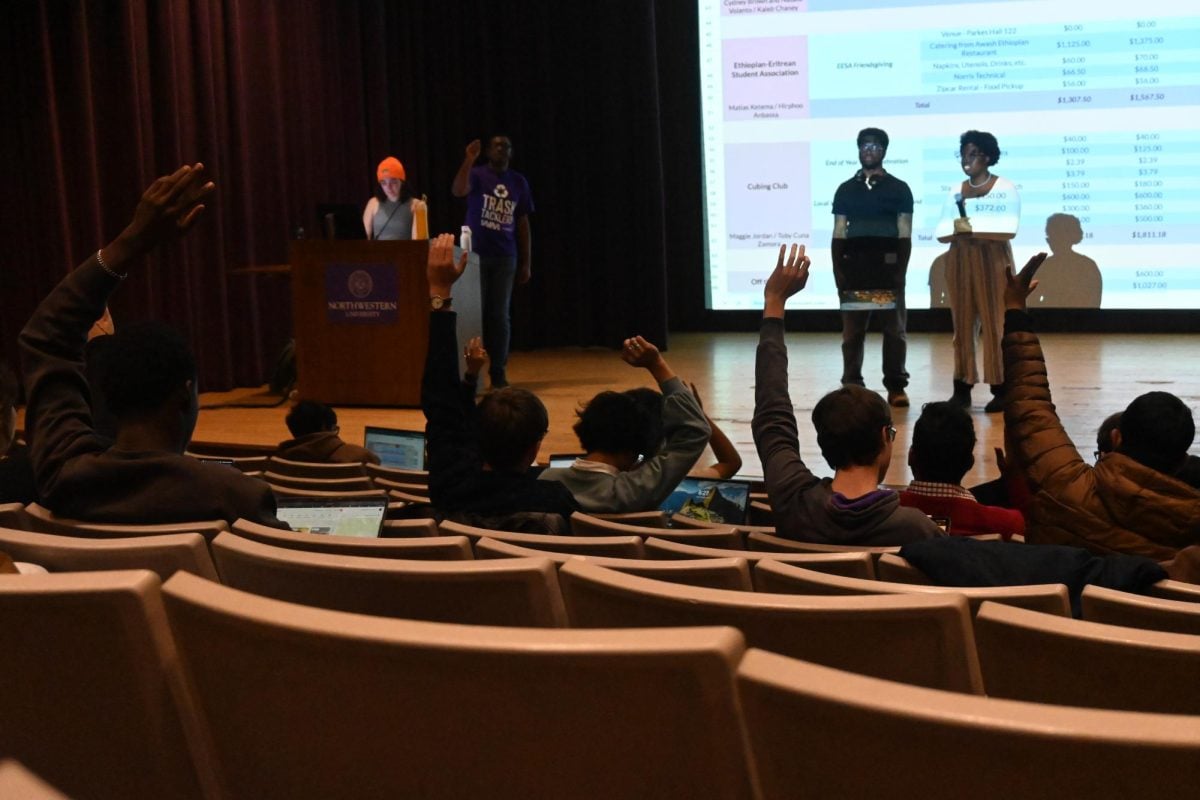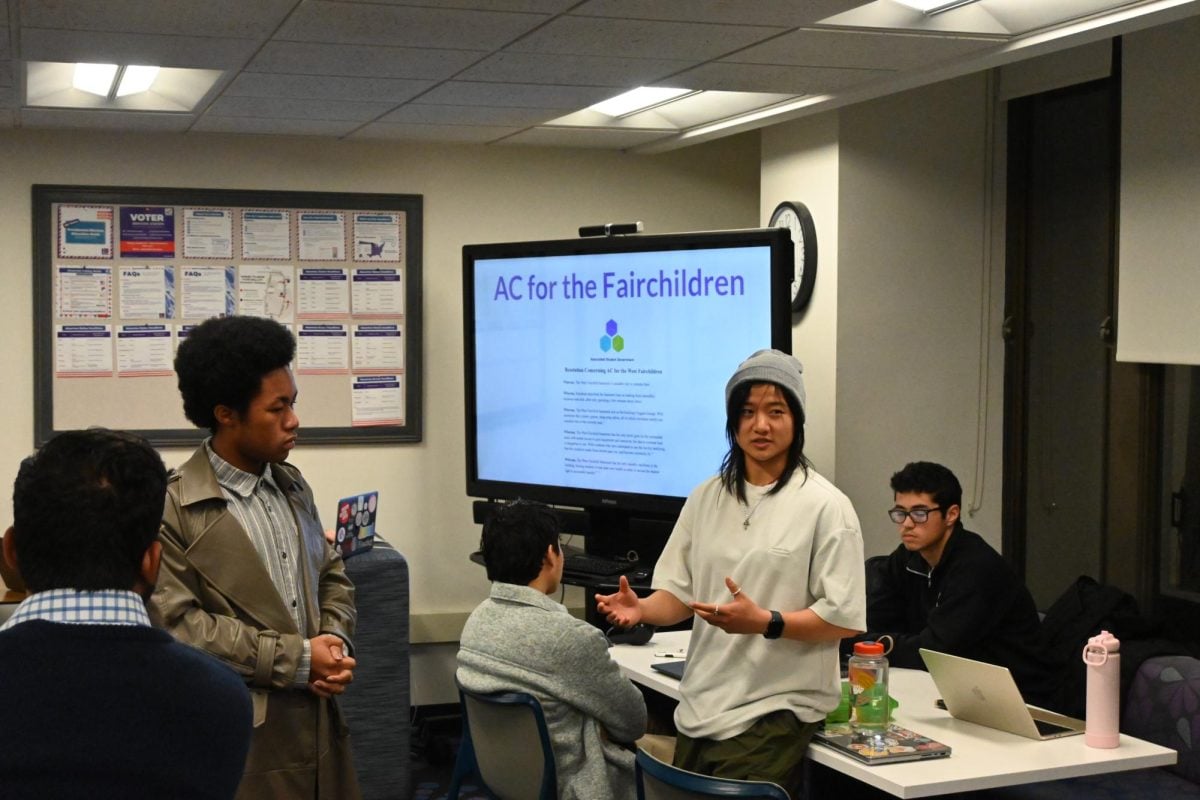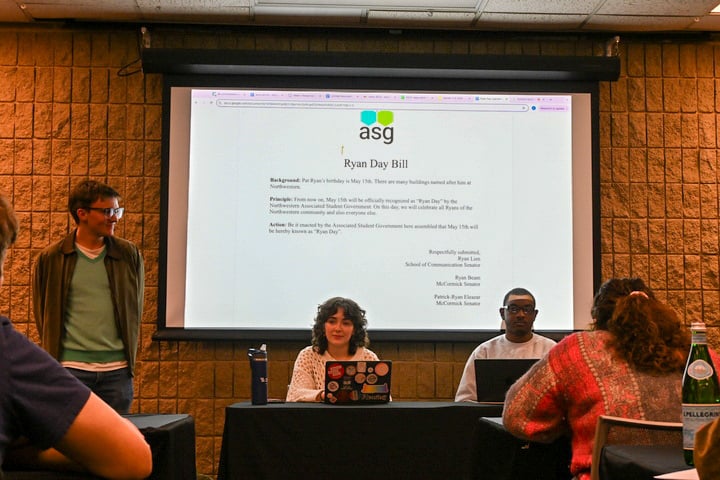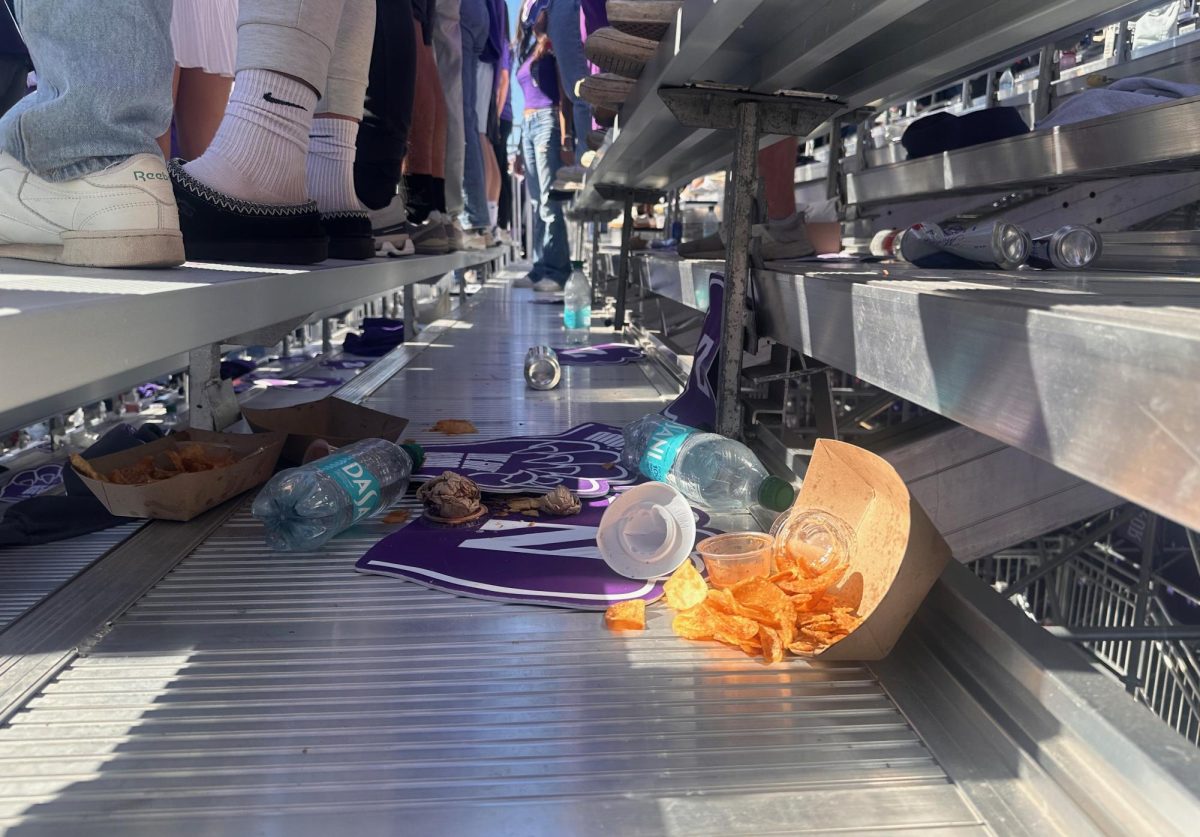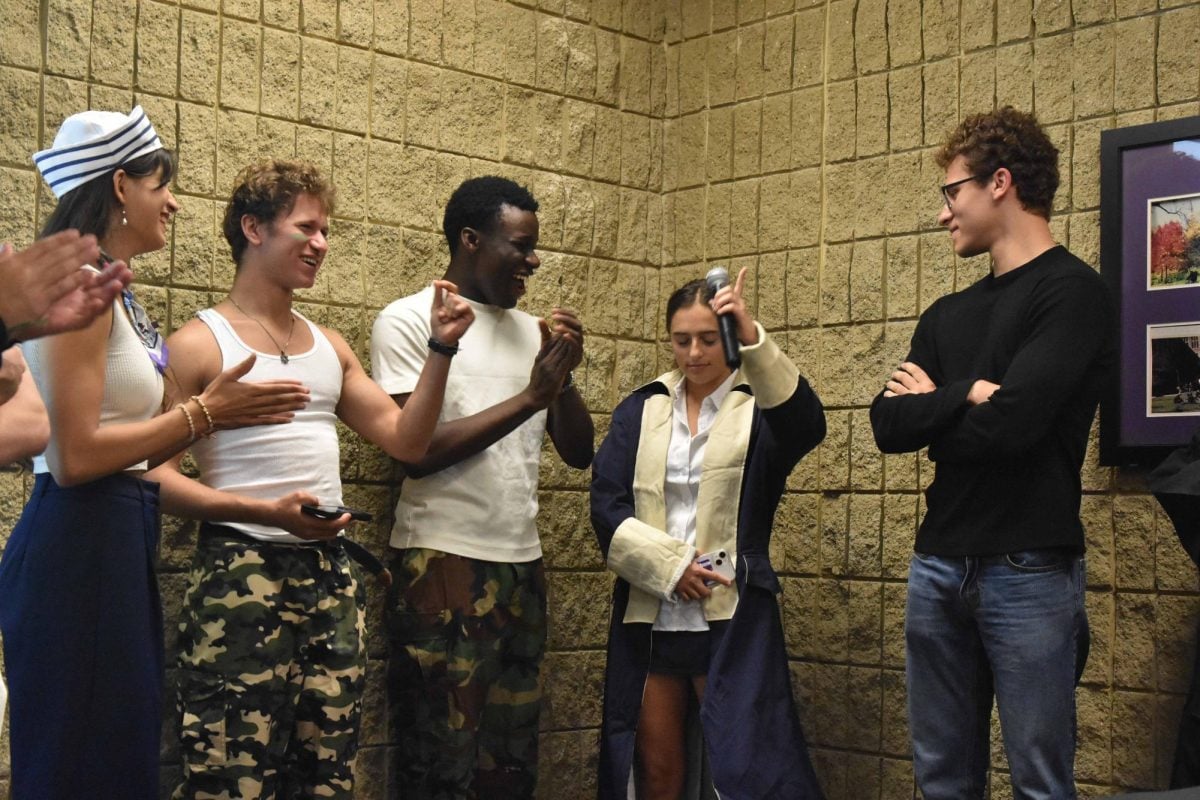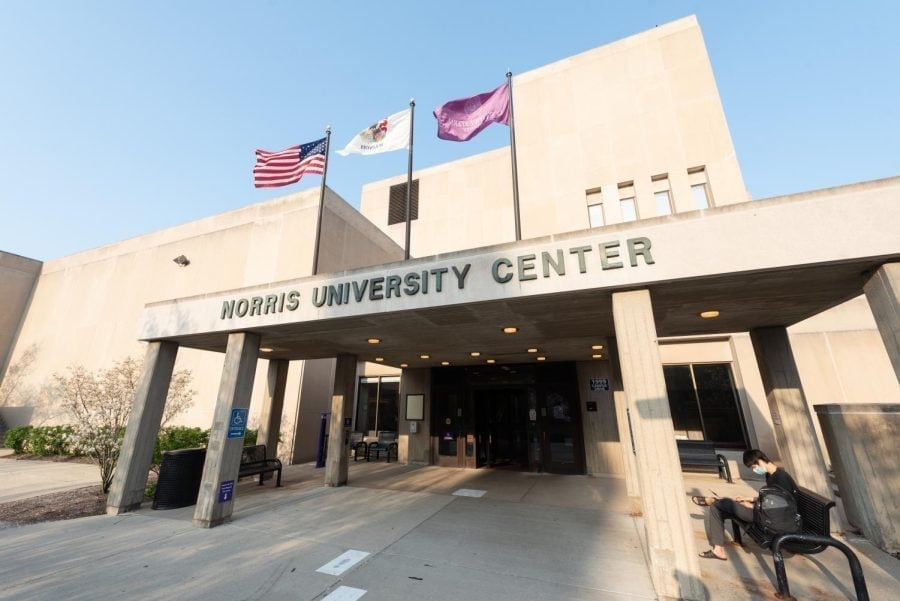Northwestern’s Campus Coalition on Sexual Violence announced Friday they won a $300,000 grant to improve NU’s sexual assault resources.
The federal Office on Violence Against Women grant, which will give NU approximately $100,000 per year, provides colleges funding to improve their response to and prevention of sexual assault, relationship violence and stalking, said Laura Anne Stuart, the coordinator of sexual health education and violence prevention.
Stuart said half of the funding will be used to hire a full-time victim advocate whose primary responsibility will be aiding victims of sexual assault and educating them about all the options the campus offers for survivors.
“This is a pretty competitive grant,” Stuart said. “It wasn’t a guarantee at all that we would get it.”
Jenny Mahlum, the student representative for Sexual Health & Assault Peer Educators on CCSV, said the victim advocate will add to the conversation about sexuality and sexual assault on campus.
“Whenever you bring someone new to the campus, they bring a new perspective and fresh ideas,” the SESP senior said.
Funding will also be devoted to training all NUPD officers on how to respond to sexual assault reports, and to launching a publicity campaign so that students know about the new Center for Awareness, Response & Education.
The CARE office was officially established this September on the 3rd floor of Northwestern Health Services. Stuart said the CARE office is supposed to be a centralized hub where students can learn about the resources NU provides sexual assault victims. The full-time victim advocate will work within this office.
Currently, Stuart is acting as a victim advocate. She said students have already begun to visit the center. Along with the center, CCSV also launched their CARE website.
“I would really like people to see (the center) as a resource for everyone, not just victims,” Stuart said.
University Police Lieutenant Ron Godby, a member of the CCVS Steering Committee, said he wants to improve education, response, and investigation in regards to sexual assault.
“I think the response effort is already in place,” Godby said. “What the grant will improve is the outreach element.”
When a student reports a sexual assault to NUPD, the supervisor assigns a sexual assault investigator or detective to the case. After the police department presents a case to the Felony Review, an office of Cook County’s state attorney, the office decides whether there is enough evidence to pursue the case further. Godby said it’s always better to have police officers whose sexual assault training is updated regularly.
One of Godby’s goals is to make sure students, including sexual assault survivors, are aware of all the options available to them on campus, including counseling and legal services. Making students knowledgeable about these resources will hopefully encourage victims to notify authorities about these types of crimes, which often go unreported. Having more readily available resources will also help victims feel powerful after being assaulted, he added.
“We want to make sure to do whatever we can to build that (victims’ sense of power) back up,” Godby said.
